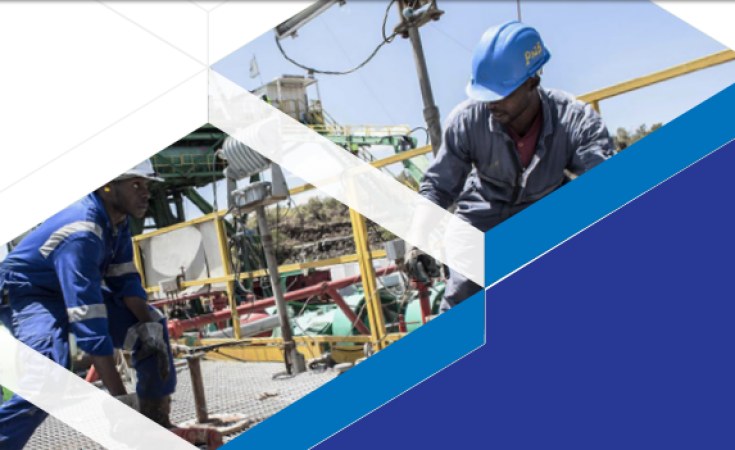Independent Development Evaluation (IDEV) of the African Development Bank Group (AfDB) has published a report of unprecedented scope, which measures the relevance, effectiveness, sustainability and efficiency of AfDB's operations across the African continent over the past decade.
The Comprehensive Evaluation of the Development Results (CEDR) of the African Development Bank Group (AfDB) is an evidence-based assessment of the AfDB's development results across sectors, countries and regions of Africa. It seeks to ascertain how, given the mandate and resources of the Bank and a rapidly changing environment for development aid, the institution's lending and non-lending activities in both the public and private sector could be enhanced in the future.
The CEDR takes a candid look at AfDB's operations in African countries. It emerges from the report that the Bank Group is a valued partner at country level, and has in several instances found niches in which the right combination of dialogue, knowledge and lending has facilitated good outcomes. One of the encouraging key finding from the report is that the Bank's capacity to propose adequate responses to country needs has improved over the 10-year period of review. Successful projects cover diverse sectors and regions and include energy projects in Cameroon, roads in Senegal, reforms in Morocco and support to basic services in Ethiopia.
On the downside, while the Bank delivered results, it did not do so to its full potential. The evaluators note that the AfDB engaged in coordinated partnerships and initiatives to leverage more development resources in countries where national capacity to implement was adequate, but failed to analyse contextual constraints in less favourable environments. Insufficient communication about service opportunities by the Bank meant that economic and sector work and technical assistance were not fully utilised to respond to some countries' needs. Additionally, the AfDB generally did not succeed in positioning itself, beyond its role as a financing institution, as an influential policy-making advisor. The exception was in fragile situations where it performed well in policy dialogue.
Building on the findings of the evaluation and the broad conclusions therein, IDEV has made several recommendations to AfDB management. On strategic positioning, the evaluators recommend that the Bank analyses its potential roles as a financier, knowledge broker, advisor, and partnership convener and organises itself accordingly at country level. On improving corporate services, it should enhance the flexibility of corporate procedures to allow nimble responses to countries and be able to provide the right combination of analytical work, dialogue and financing instruments. The Bank Group should also strengthen its performance and accountability frameworks and the quality of supervision for its public and private sector operations.
The evaluators used qualitative and quantitative methods and triangulation, working with document reviews, key informant interviews, focus group discussions, and data analysis. Overall, close to 1900 government counterparts and national stakeholders, including private sector and civil society representatives, were interviewed. Evaluation studies were carried out at country level, with a sample size of 14 countries, representative of the AfDB's lending portfolio in terms of regions, language, eligibility for various sources of financing, and fragility status. The countries examined were Burundi, Cameroon, Democratic Republic of Congo, Ethiopia, Ghana, Morocco, Mozambique, Nigeria, Senegal, South Africa, Tanzania, Togo, Tunisia, and Zambia. For all 14 countries, an evaluation of the Bank's Country Strategy and Program was conducted, and performance case studies were undertaken. 169 projects in these countries were assessed, and past independent evaluations and studies were used for triangulating findings. A panel of eminent evaluation and development senior advisors guided IDEV's work in delivering the CEDR.
The Bank's Evaluator General, Rakesh Nangia, said: "The depth of quantitative and qualitative assessment of data to produce the CEDR exceeds that of any previous report. A rigorous quality assurance process was established to ensure robust conclusions and consistency of evaluations across countries and projects."
The comprehensive evaluation of the development results of the Bank is a unique evaluation product, both in terms of scope and potential impact on development stakeholders.
IDEV of the AfDB intends to share the experience and learning process from this undertaking with other evaluation communities worldwide over the coming months. IDEV is grateful for the commitment of the government of Canada, who supported the initiative, to development effectiveness. IDEV also received support from the government of Norway through Norad, and from the UK government in the previous phase of the evaluation.


